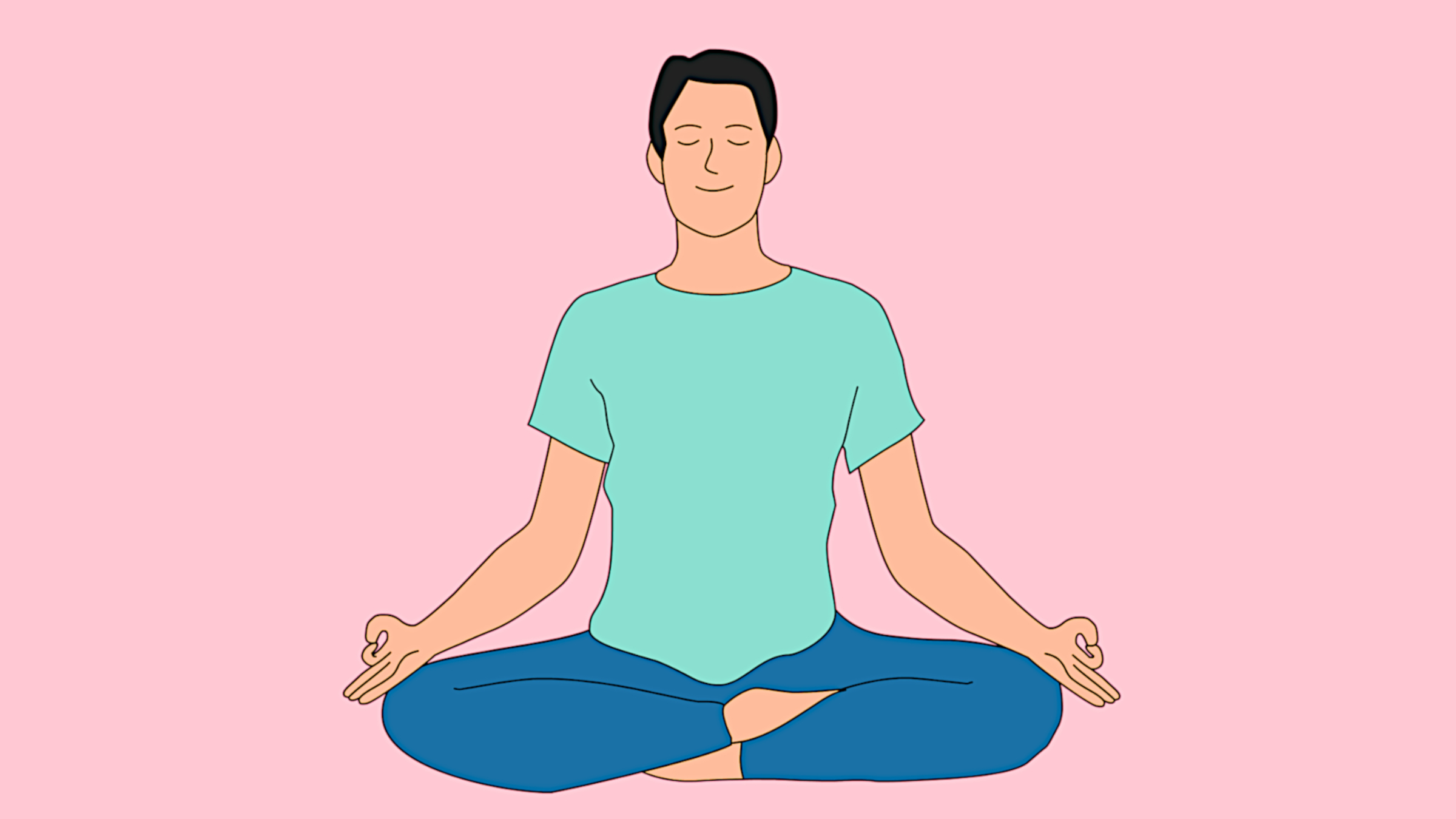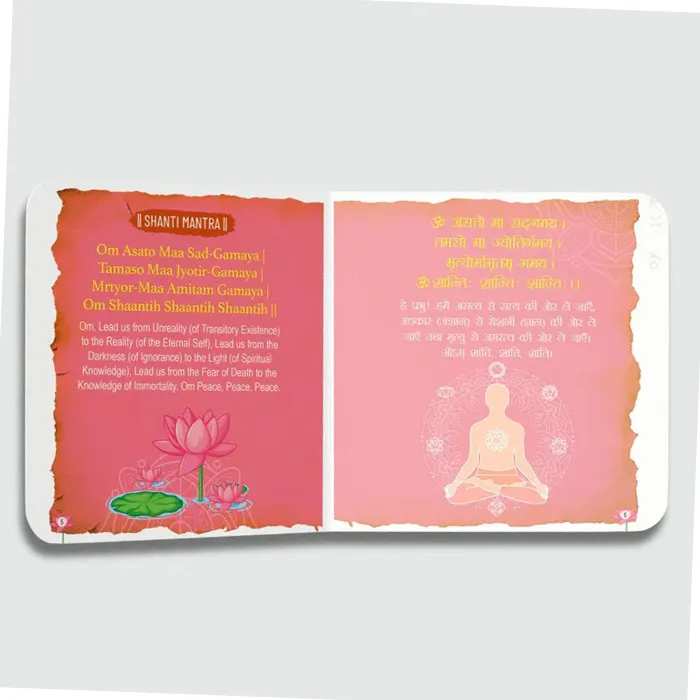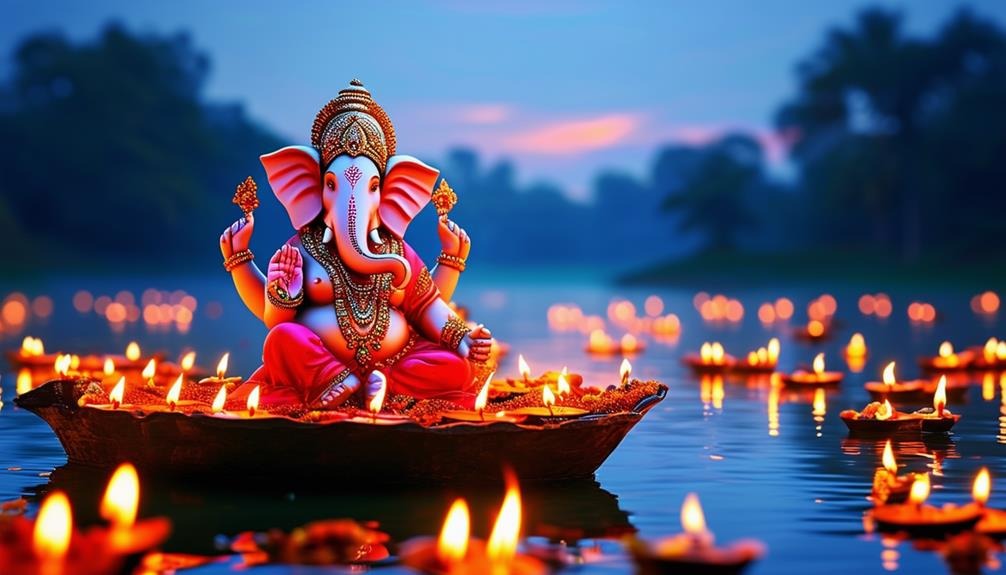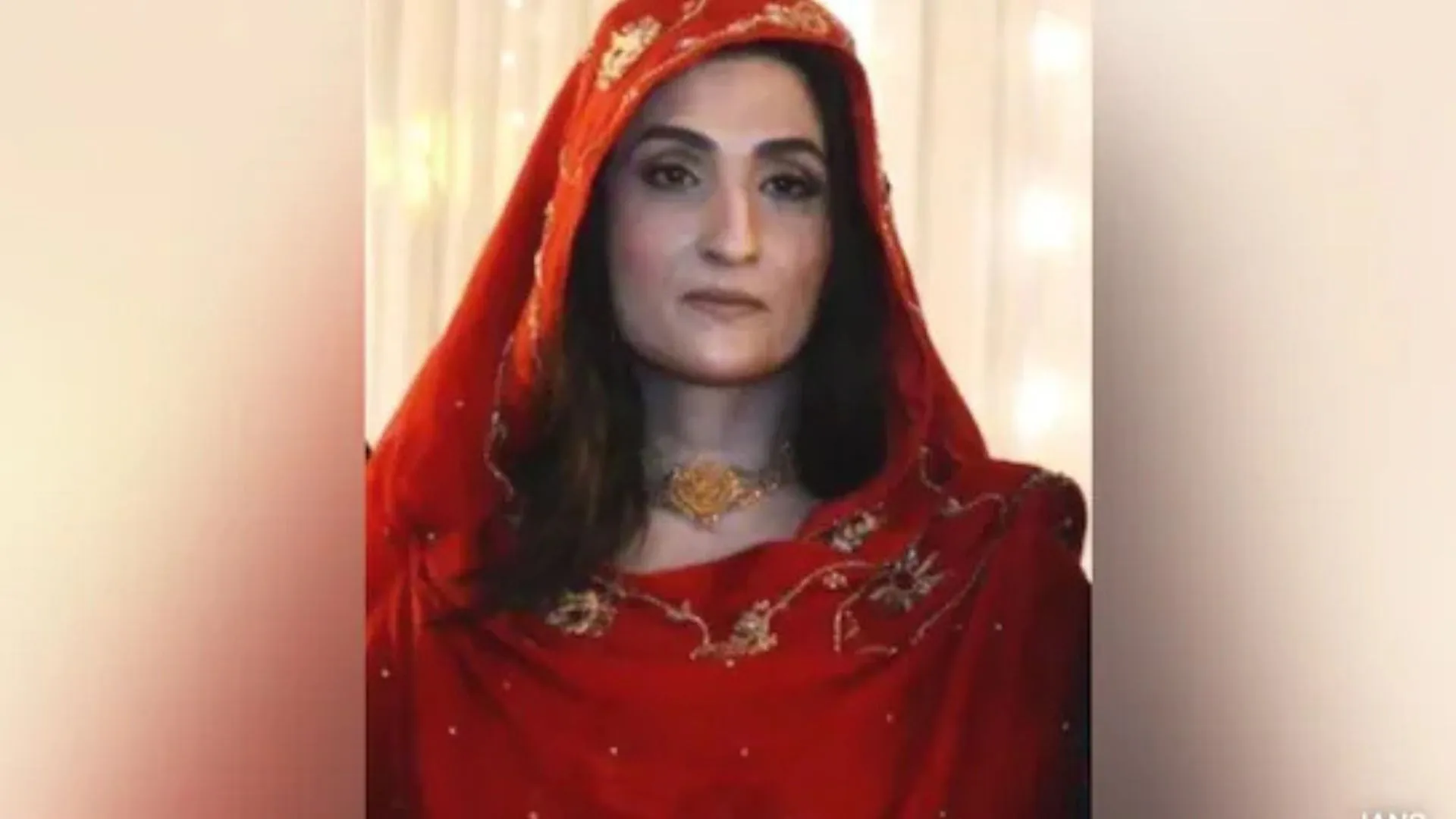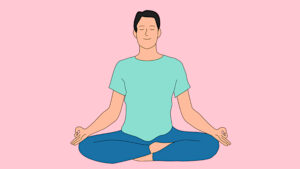How do we feel when we think about a conflict we are having with someone? We remember all the things the other person has said, and the way we responded. We brood over their rude, selfish, or obnoxious nature, and how they have wronged us. We feel self-righteous, indignant, or plain angry about the whole thing.
What is the state of the mind, and the body at that time? The heart rate, blood pressure and respiration increase, the adrenal glands release stress hormones, the body temperature rises, and the skin perspires. We are far removed from peace and relaxation, and are certainly not comfortable or happy in that state. It is not a natural condition for the human soul to be in, that is why we feel distressed and restless. Once this condition abates, there is a feeling of exhaustion, because considerable amounts of mental and physical energy have been expended.
It does not take a personal dispute to bring about such an experience. Political, economic, and social issues can similarly agitate us if we choose to identify with any of the parties involved, and are no longer detached observers who can see the whole picture and think dispassionately about it. This is why people in one part of the world get into a fight over something happening in another corner of the globe.
Who creates such experiences? Is it the other person/s, who we may blame? Who decided to think about the matter, and who created the thoughts that we had? It is our mind, so we are responsible for what goes on inside it. If I think that something or someone is irritating, I will feel irritated, because I am creating the mental stimulus for that feeling. Similarly, if I think that something is nice, I will feel that way about it. As the quality of our thoughts, so is our state of mind, and state of being.
If we want to experience peace, we have to create the conditions for peace within our mind. If I often fight mental battles with my neighbour, the local politician, or the dictator repressing his countrymen in some corner of the world, is it a surprise that I complain of lacking peace?
Just as we need to switch on the lights to be in the light, or turn on the heater to feel warm, we have to create peace in order to experience it. Creating does not mean fabricating something that does not exist – It is about choosing what to think. It is like having a buffet meal: I can set my mouth on fire with a hot, spicy curry, or savour a cold dessert. The experience will depend entirely on what I choose to eat.
The first step to finding peace is to recognise the fact that it is a quality intrinsic to me, the soul. Peace is not something I have to fetch from outside. It exists within me – I just need to turn my attention inwards and tap into the reservoir of peace inside. I might not find much peace in the beginning if I have been in the habit of filling the mind with other kinds of things. But with patience, and persistence, as I gently remind myself of the peace within me, I will discover more and more of it. I have to choose to see and think of the things that help me remain peaceful. By doing so I can increase my stock of peace, which will not only help me remain peaceful, but also enable me to share peace with others. Cultivating patience, benevolence, and a sense of humour, all help me see situations and other people in a peaceful way, without any agitation.
The biggest source of peace is the Ocean of Peace, the Supreme Soul – the father of all souls. Remembering Him, with love and genuine acceptance of our spiritual relationship with Him, fills the soul with peace as nothing else can. The love-filled silence and stillness in God’s company relaxes, heals, and energises the soul. Feelings of agitation, hurt, and fear gradually subside. Regular practice of such remembrance fills us with so much peace that we are able to go through all of life’s vicissitudes peacefully.
B.K. Sheilu is a Rajyoga teacher at the Brahma Kumaris headquarters in Mount Abu, Rajasthan.

